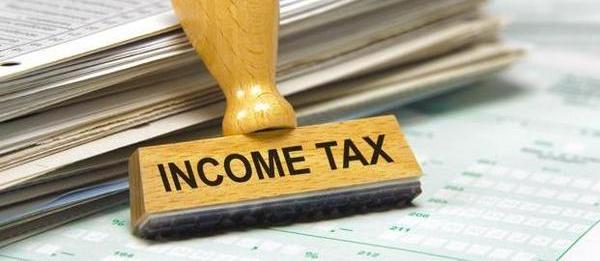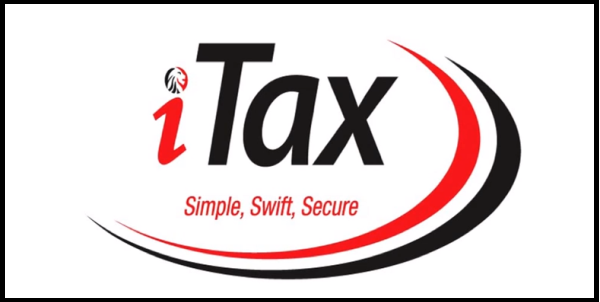In this blog post, I am going to share with you the KRA Tax Obligations For Individuals In Kenya. Get to know the 4 tax obligations for individuals in Kenya.
The core purpose of this blog post is to let you understand the 4 tax obligations for individuals in Kenya i.e Income Tax Resident, Income Tax Non Resident, Income Tax PAYE (for Employer only) and Value Added Tax.
Individual in this context refers to “relating to one person (a single human, rather than to a large group).” So Tax Obligation for Individuals means the obligation set for that person.
This is the Part 1 of our KRA Tax Obligation posts (Check out Part 2). The core purpose of this blog post is to elaborate on three key elements of Tax Obligation that is:
- What Tax Obligation is in relation to Kenya Revenue Authority (KRA)
- What the KRA Tax Obligations for Individuals are.
- The important dates of returns submission of those KRA Tax Obligations
What is a Tax Obligation?

It is the total amount of tax you’re responsible for paying to the taxman. In Kenya today, a tax obligation for individuals can either be the Income Tax Resident, Income Tax Non Resident, Income Tax PAYE (for Employer only) and Value Added Tax.
What are the KRA Tax Obligations for Individuals?

Tax Obligation 1: Income Tax Resident

Tax Obligation 2: Income Tax Non Resident

Tax Obligation 3: Income Tax PAYE (for Employer only)

Gains or Profits includes wages, casual wages, salary, leave pay, sick pay, payment in lieu of leave, fees, commission, bonus, gratuity, or subsistence, travelling, entertainment or other allowance received in respect of employment or services rendered.
If you are an employer you are required to register for this obligation. All employers in Kenya are required to deduct PAYE from your employees salaries and wages at the prevailing rates and remit the same to KRA on or before the 9th of the following month.
Tax Obligation 4: Value Added Tax

If you are registered for VAT you will be required to account for VAT charged on your taxable supplies through online monthly returns and pay any VAT due. VAT returns are due on or before 20th of the following month.
It is important to note that VAT tax is due and payable when;
- Goods or services are supplied to the purchaser
- An invoice is issued in respect of the supply
- Payment is received for all or part of the supply
- A certificate is issued by an architect, surveyor or any person acting as consultant or in a supervisory capacity in respect of the service (whichever is earliest)
To sum everything the above 4 are the major tax obligations for individuals here in Kenya. Stay tuned for the Part 2 of this blog post whereby we shall be sharing about KRA Tax Obligations for Non Individuals in Kenya.


